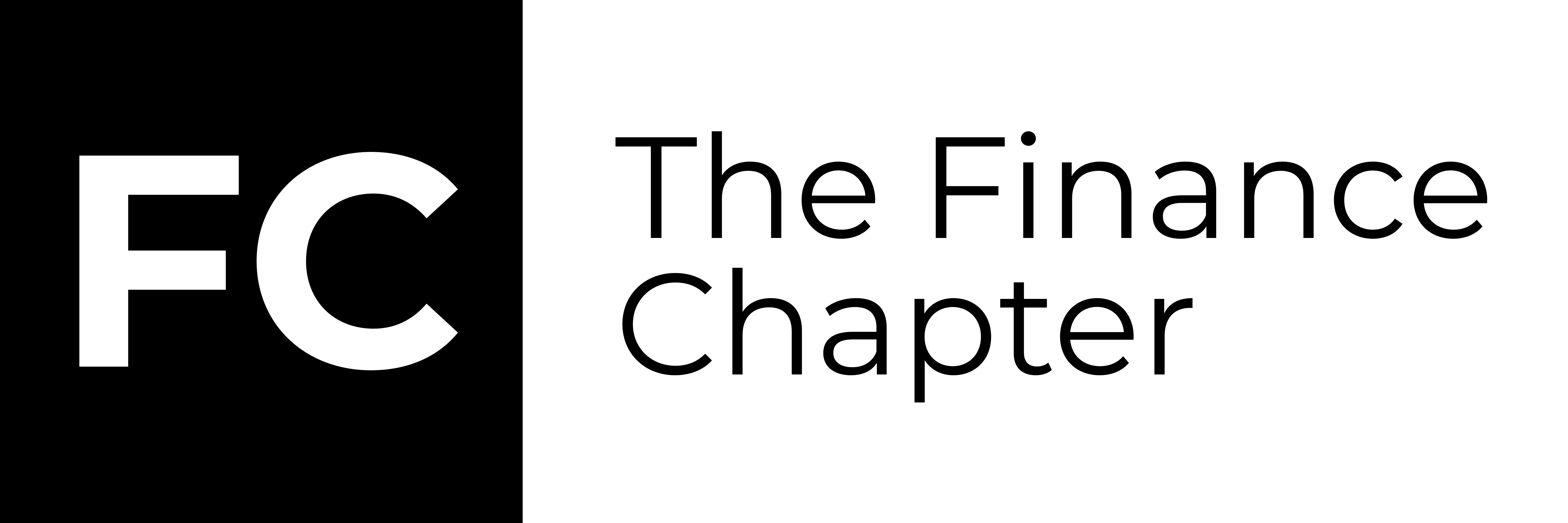
Technology continues to shape much of how we conduct business and live our lives. We want to embrace it for all its enhancing benefits, a rather familiar story. But what that embrace looks like truly does depend on so many factors. From the technology itself to the forces that affect how it shows up in our world.
Locus Of Control
As a professional, I’ve often been on the receiving end of technology – incorporating it into my work for some efficiency gains. And so embracing it has meant having the right attitude towards it and staying in the know. Looking back, I realise I’ve never actively shaped the technologies that influence my work. I have not been able to choose which technologies I work with and define how they fit into my process. To be sure, this is not due to a lack of interest. I have that in abundance. But I would attribute it to a lack of agency on my part. As a consumer, I choose from the different off-the-shelf solutions that best fit and make do with the technology embedded in them. I imagine you are in the same position too.
Tipping Point
But something happened quite recently that led me to question this model. I took on a personal project that saw me building a financial reporting app, a tool that could deliver an integrated set of financial reports; P&L, balance sheet, cash flow statement and changes in equity. My building tool? The familiar spreadsheet (not Excel, but google sheets this time around). The build process took me about two months to complete. But it was a long two months. For every feature I wanted to include, I had to find corresponding spreadsheet features I could tweak to achieve desired outcomes. Although I got there in the end, the process left me feeling constrained. I realised I don’t want tools I would have to bend to my will, tools I would have to contend with. I want tools that give me options, not limit them. And the spreadsheet, a remarkable tool in its own right, was not cutting it.
This was a pivotal pain point that set me on a path to learn how to code. Not because I have a thing for angular brackets and curly braces. But I want to give myself the agency I feel is necessary to engage with technology at a deeper level. Quite simply, technology is here to stay with us. It might as well be of some use to me specifically, not generally?
I am still on this learning journey. And I happen to know that a good number of my finance friends have made the leap and learned a programming language or two. They’re doing amazing things with it. But does it have to take this level of commitment to engage meaningfully with technology?
Optionality
When we think about it in such binary terms, it’s hard to see that there are options in between. But there are. We are fortunate to live in a time when there are so many ways to engage with tech. There’s practically a product or service to drive tech adoption for a growing list of pain points. The tech sector still attracts talent, innovation, and investment at a rate that dwarfs other industries. That’s a great thing for anyone eager to immerse themselves in it and explore the subject from the inside.
In Summary
Ultimately, it takes a healthy curiosity to engage with technology in novel ways. I remember playing with some of the earlier iterations of Power BI, Microsoft’s self-service business intelligence tool, and just being impressed with it, and inspired by the opportunities it would unlock. I didn’t have to learn much more than I already knew as an Excel user. But I had to learn some new things. The experience brought me closer to the possibilities and kindled a deeper interest in tech. Here’s the lesson: You can’t learn all you need to know by reading the occasional article. There’s value in lived experience. It takes some level of activity to consolidate the lessons. Or to put it in finance speak, to realise them.
And if your curiosity leads you to learn a new skill, like a programming language, then great! We can say “hello world” together. If not, there’s plenty of room to be curious and challenge convention through the existing tools out there. Just add action.
And when it comes to curiosity, the question of why is a great way to discover what informs the agenda and status quo. It’s a good starting point. It’s also conventional. Sometimes you’ll want to mix it up and ask a different question:
Why not?


